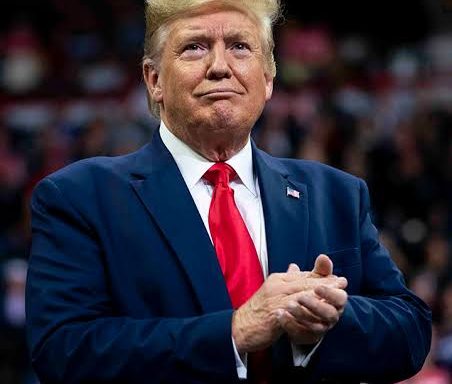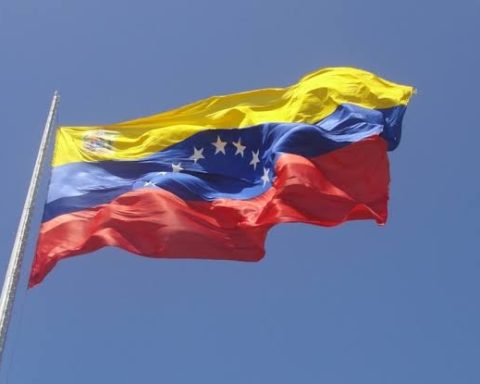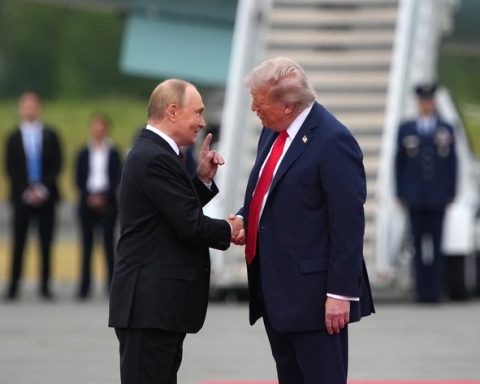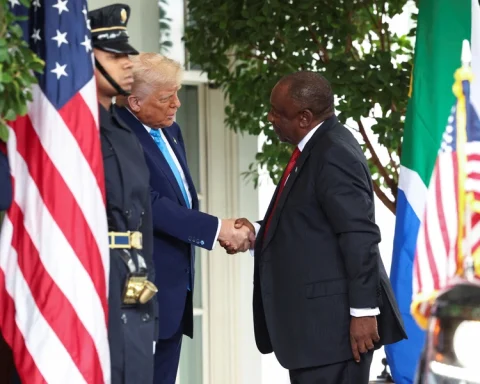The decision by United States President Donald Trump to implement new tariffs on imports ranging from 10 per cent to 41 per cent has raised fresh concerns about the impact on affected countries.
The tariff on Nigerian imports to the U.S. has been raised from 14 per cent to 15 per cent, with effect from 7 August 2025.
Join our WhatsApp ChannelOther African countries, including Ghana, Côte d’Ivoire, Cameroon, and Angola, also face a 15 per cent tariff, while South Africa, Algeria, and Libya are hit with 30 per cent, while Tunisia faces 25 per cent. The only exceptions are Kenya and Ethiopia, which enjoy a lower 10 per cent rate.
Trump signed the executive order on Thursday, 31 July, modifying the earlier reciprocal tariff system proposed by his administration.
It would be recalled that Trump had, in April, threatened sweeping “reciprocal” tariffs on global trade partners. The implementation of the trade policy was delayed for 90 days to give countries a chance to renegotiate trade terms, with a final deadline set for 1 August.
Reasons Behind the Tariffs
Trump cited trade imbalances and lack of reciprocity in market access, with Nigeria having a $3.29 billion trade surplus with the U.S.
The policy aligns with Trump’s “America First” doctrine, aiming to boost U.S. manufacturing and counter “unfair trade practices.”
READ ALSO: Nigeria, Other BRICS-aligned Countries At Risk As Trump Threatens Additional 10% Tariff
While some countries saw a reduction from the earlier tariffs proposed for them in April, others got higher tariffs.
For instance, Lesotho, a small country in Southern Africa, was initially slammed with a 50 per cent tariff. It has been reduced to 15 per cent in the latest review. The change provides some respite to Lesotho’s struggling economy, which has been largely reliant on exports of textiles to the United States. In July, the nation had previously proclaimed a state of national disaster, citing the dire economic consequences of the impending tariffs, which had already led to numerous factory closures and layoffs.
Nigeria, the fourth largest economy in Africa, faces an additional threat of a 10 per cent charge due to its alignment with BRICS, potentially raising tariffs to 25 per cent if Trump goes ahead to make good on his threat.
Impact on Nigeria
Oil Exports: Nigeria’s crude oil (which constitutes 90 per cent of forex earnings) may face higher costs unless exempted as in April. It is not yet clear if oil exports are exempt from the new tariff policy of the United States.
The tariff hike intensifies pressure on African economies already grappling with trade diversification challenges. Nigeria’s BRICS affiliation and reliance on oil exports heighten risks, while regional industries face reduced U.S. market access.
Victor Ezeja is a passionate journalist with seven years of experience writing on economy, politics and energy. He holds a Master's degree in Mass Communication.















